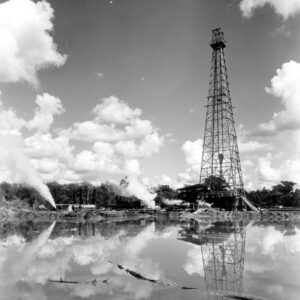 El Dorado Oil Rig
El Dorado Oil Rig
Time Period: Early Twentieth Century (1901 - 1940) - Starting with E
 El Dorado Oil Rig
El Dorado Oil Rig
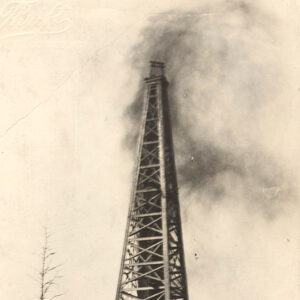 El Dorado Oil Well
El Dorado Oil Well
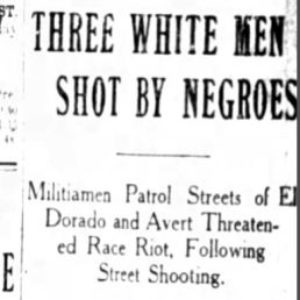 El Dorado Race Riot Article
El Dorado Race Riot Article
El Dorado Race Riot of 1910
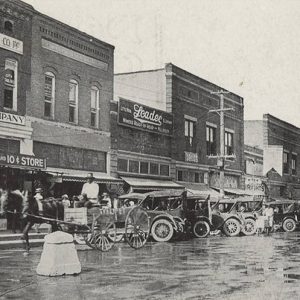 El Dorado Street Scene
El Dorado Street Scene
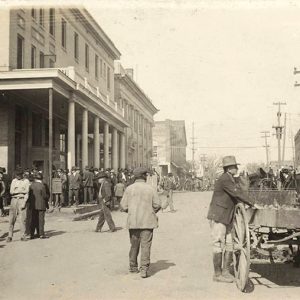 El Dorado Street Scene
El Dorado Street Scene
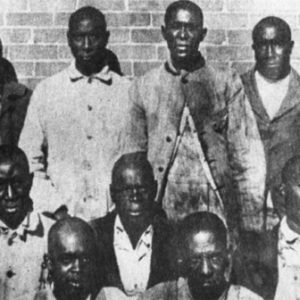 Elaine Massacre Defendants
Elaine Massacre Defendants
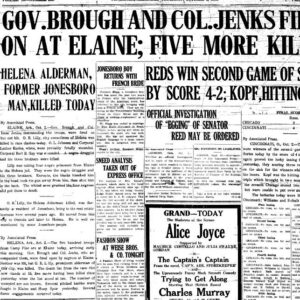 Elaine Massacre Newspaper Article
Elaine Massacre Newspaper Article
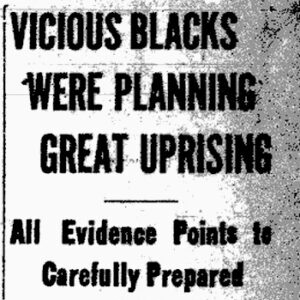 Elaine Massacre Newspaper Article
Elaine Massacre Newspaper Article
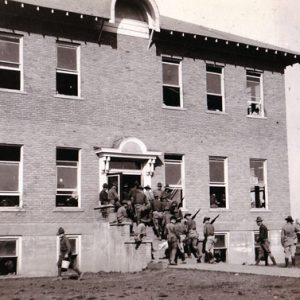 Elaine Temporary Stockade
Elaine Temporary Stockade
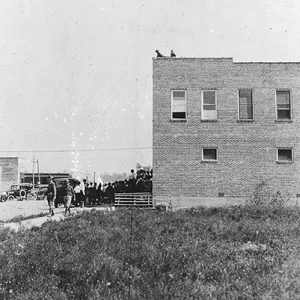 Elaine Machine Gun Emplacement
Elaine Machine Gun Emplacement
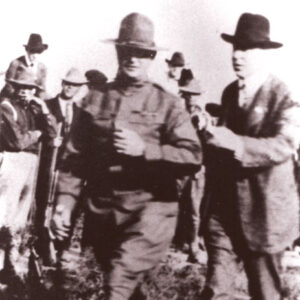 Elaine Massacre Aftermath
Elaine Massacre Aftermath
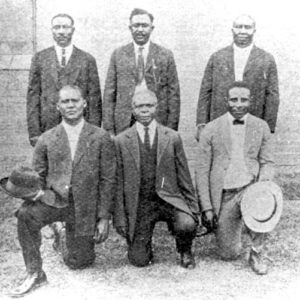 Elaine Massacre Defendants
Elaine Massacre Defendants
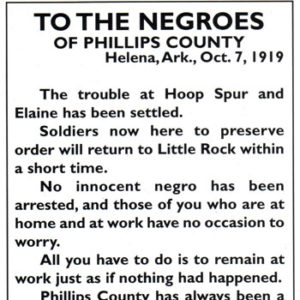 Elaine Massacre Flyer
Elaine Massacre Flyer
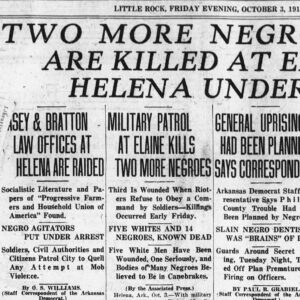 Elaine Massacre Headlines
Elaine Massacre Headlines
Elaine Massacre of 1919
aka: Elaine Race Riot of 1919
aka: Elaine Race Massacre
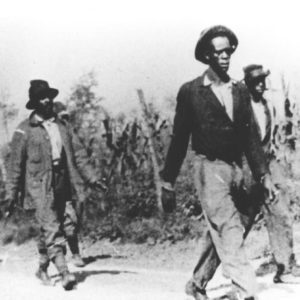 Elaine Massacre Prisoners
Elaine Massacre Prisoners
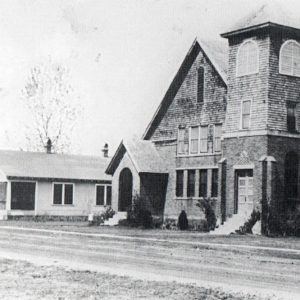 Elaine Methodist Church
Elaine Methodist Church
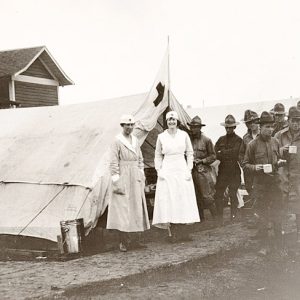 Elaine Nurses
Elaine Nurses
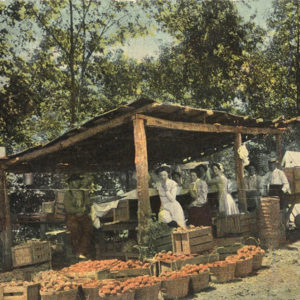 Elberta Peaches
Elberta Peaches
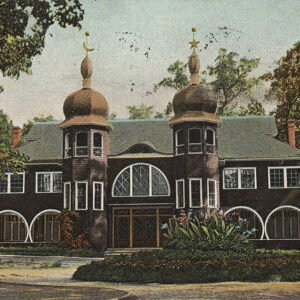 Electric Park Pavilion
Electric Park Pavilion
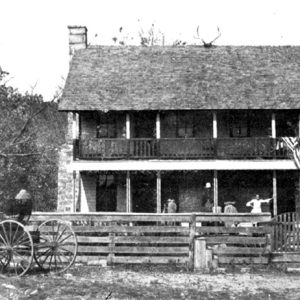 Elkhorn Tavern
Elkhorn Tavern
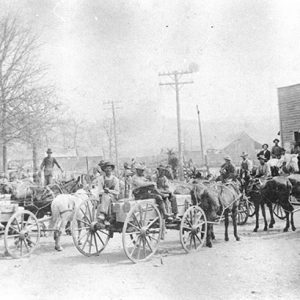 Elkins in 1903
Elkins in 1903
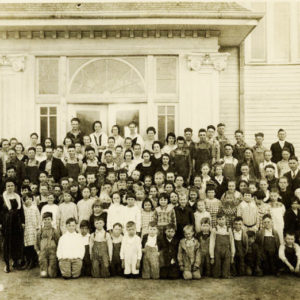 Elkins School
Elkins School
Ellington, Alice Sankey
Elliott House
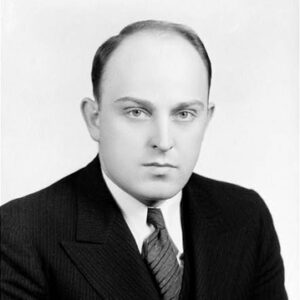 Clyde Ellis
Clyde Ellis
Ellison, Clyde (Lynching of)
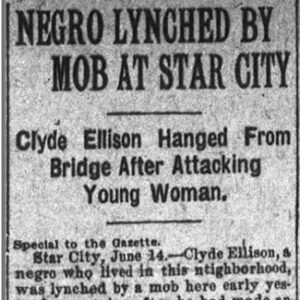 Ellison Lynching Article
Ellison Lynching Article
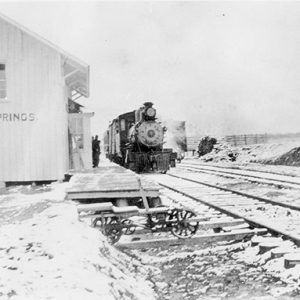 Elm Springs Depot
Elm Springs Depot
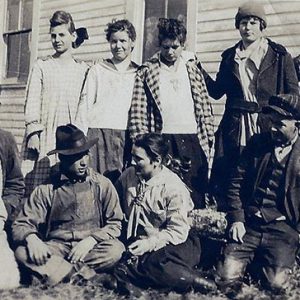 Elmo School
Elmo School
Elsken, Conrad
aka: Conrad Ilsken
Emerson [Steamboat]
aka: Moline
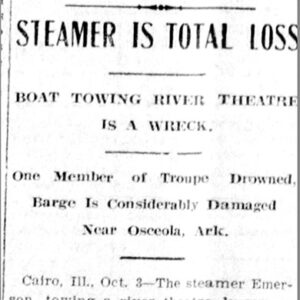 Emerson Steamboat Article
Emerson Steamboat Article
 Emerson Steamboat Article
Emerson Steamboat Article
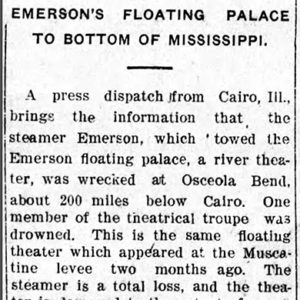 Emerson Steamboat Article
Emerson Steamboat Article
Emmet United Methodist Church
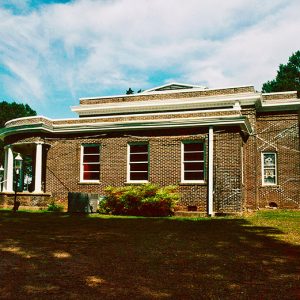 Emmet United Methodist Church
Emmet United Methodist Church
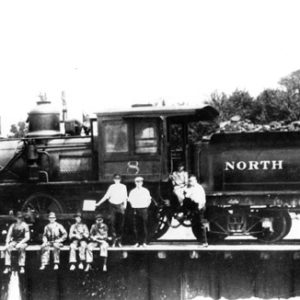 Engine No. 8
Engine No. 8
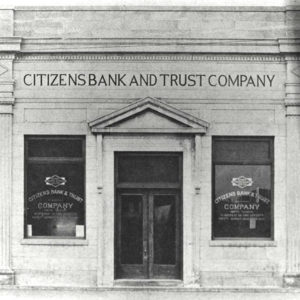 England Bank
England Bank
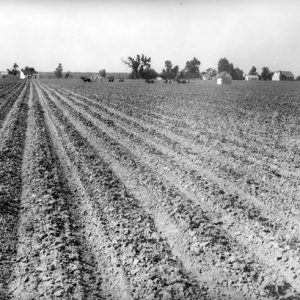 England Cotton Fields
England Cotton Fields
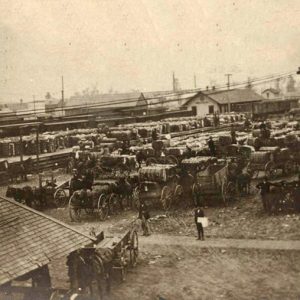 England Depot
England Depot
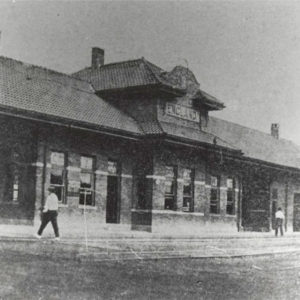 England Depot
England Depot
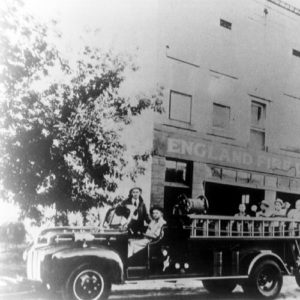 England Fire Department
England Fire Department
England Food Riot of 1931
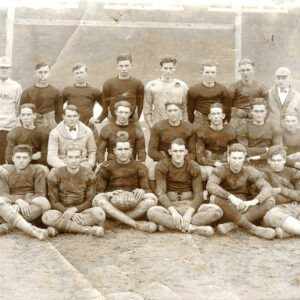 England Football Team
England Football Team
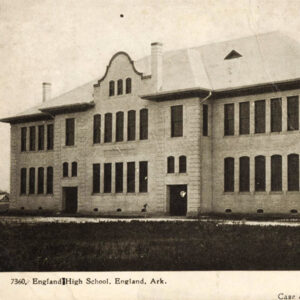 England School
England School
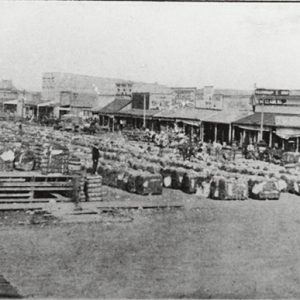 England Street Scene
England Street Scene
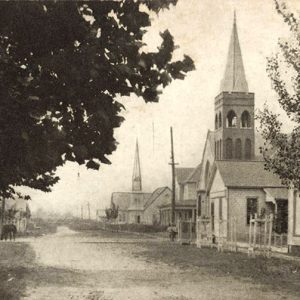 England Street Scene
England Street Scene
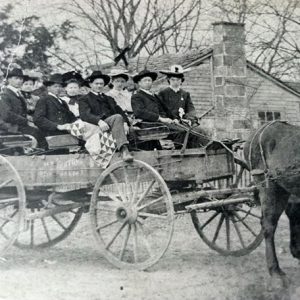 Engles Descendants
Engles Descendants




